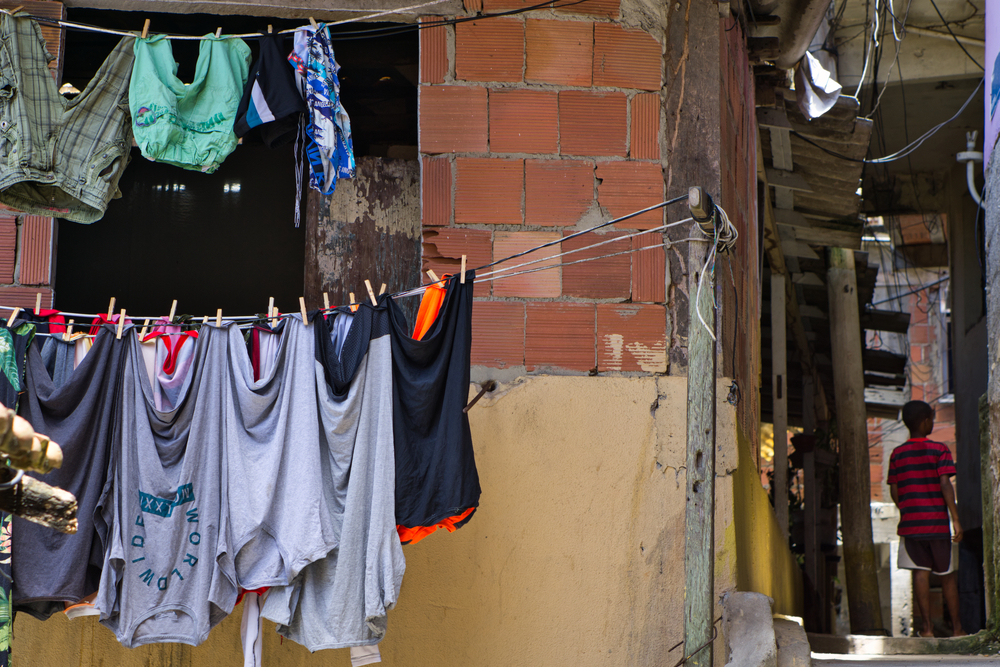In 2019, a report by the Economic Commission for Latin America and the Caribbean (Eclac) showed the extent of inequality in the continent: until last year, over 191 million people were living in poverty — which represents 31.8 percent of the region’s total population. The portion living in extreme poverty reached a stunning 11.5 percent. In almost all cases, the state has failed these needy populations.
Now, with the worsening of the Covid-19 pandemic, Latin America is fearing a region-wide collapse of its national health systems. In Ecuador, where poor and misinformed people in the Guaya region are disrespecting quarantine orders, a genuine trail of bodies can be seen on the streets. In Haiti, Latin America’s poorest country, government reports on the outbreak have been inconsistent, leaving doctors from Port-Au-Prince complaining of being left in the dark.
In Nicaragua, where President Daniel Ortega is nowhere to be seen for almost a month, a lack of information and consistent measures against the pandemic has encouraged people to take things into their own hands. In the capital city of Managua, citizens are leading an “unofficial” lockdown, even making fun of Mr. Ortega’s public disappearance: “do as the president, stay off the streets,” they say.
Brazil, as the region’s largest and most populous country, is no stranger to cases of populations being abandoned by the state. One article on news website G1 showed that in the sprawling São Paulo favela of Paraisópolis, residents are banding together...


 Search
Search






































